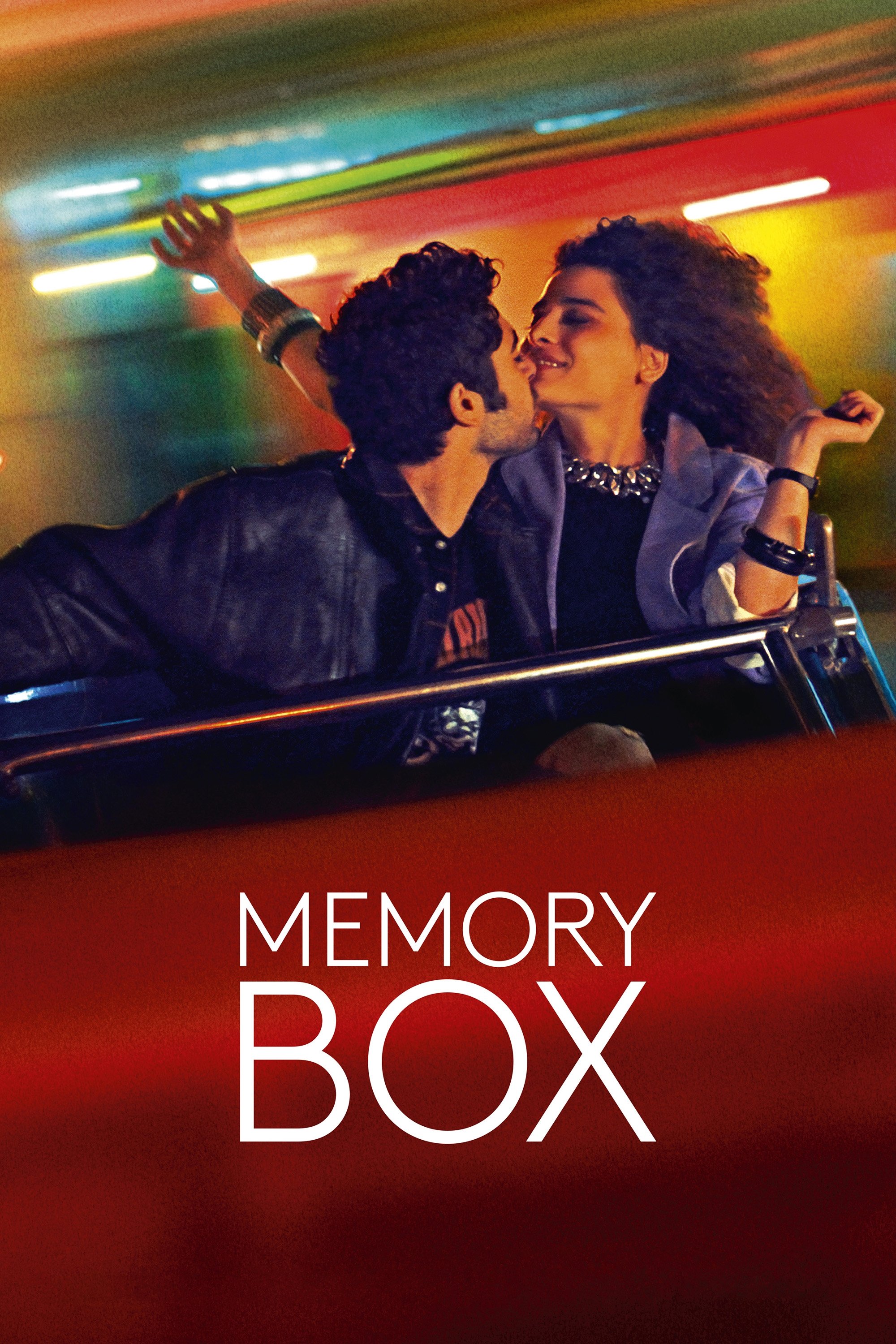
Maia, a single mother, lives in Montreal with her teenage daughter, Alex. On Christmas Eve, they receive an unexpected delivery: notebooks, tapes, and photos Maia, from 13 to 18 years old, sent from Beirut to her best friend who left for Paris to escape the civil war. Maia refuses to open the box or confront its memories, but Alex secretly begins diving into it. Between fantasy and reality, Alex enters the world of her mother’s tumultuous, passionate adolescence during the Lebanese civil war, unlocking mysteries of a hidden past.
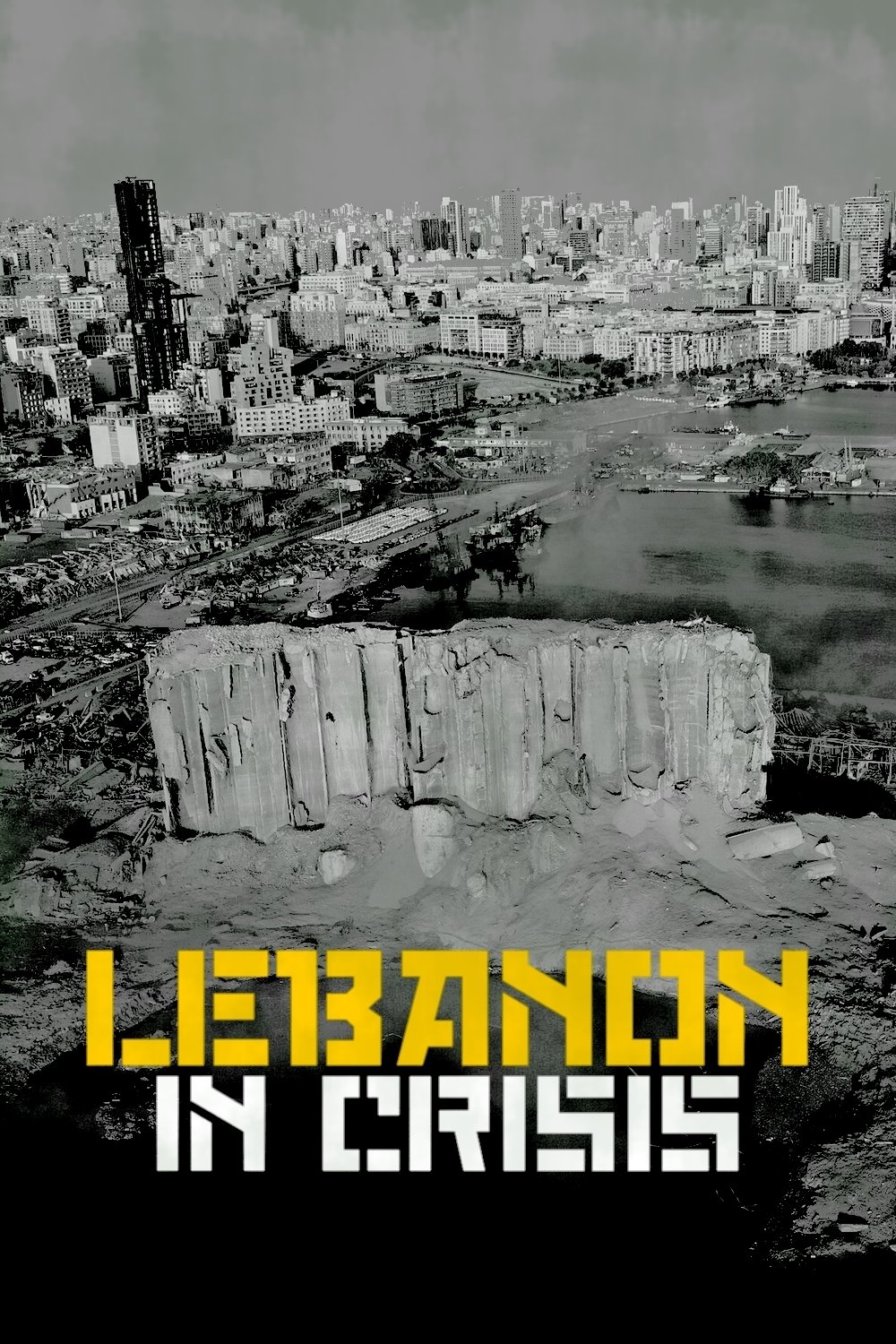
The apocalyptic blast in the Port of Beirut, Lebanon, on August 4, 2020, exacerbates anger at those in power: protests cross religious boundaries as the Lebanese people curse corruption, nepotism, gross economic mismanagement and squandering of resources. How did the Land of Cedars, a country with so much to offer, allow itself to get into such a dire situation? And will it be able to bounce back?
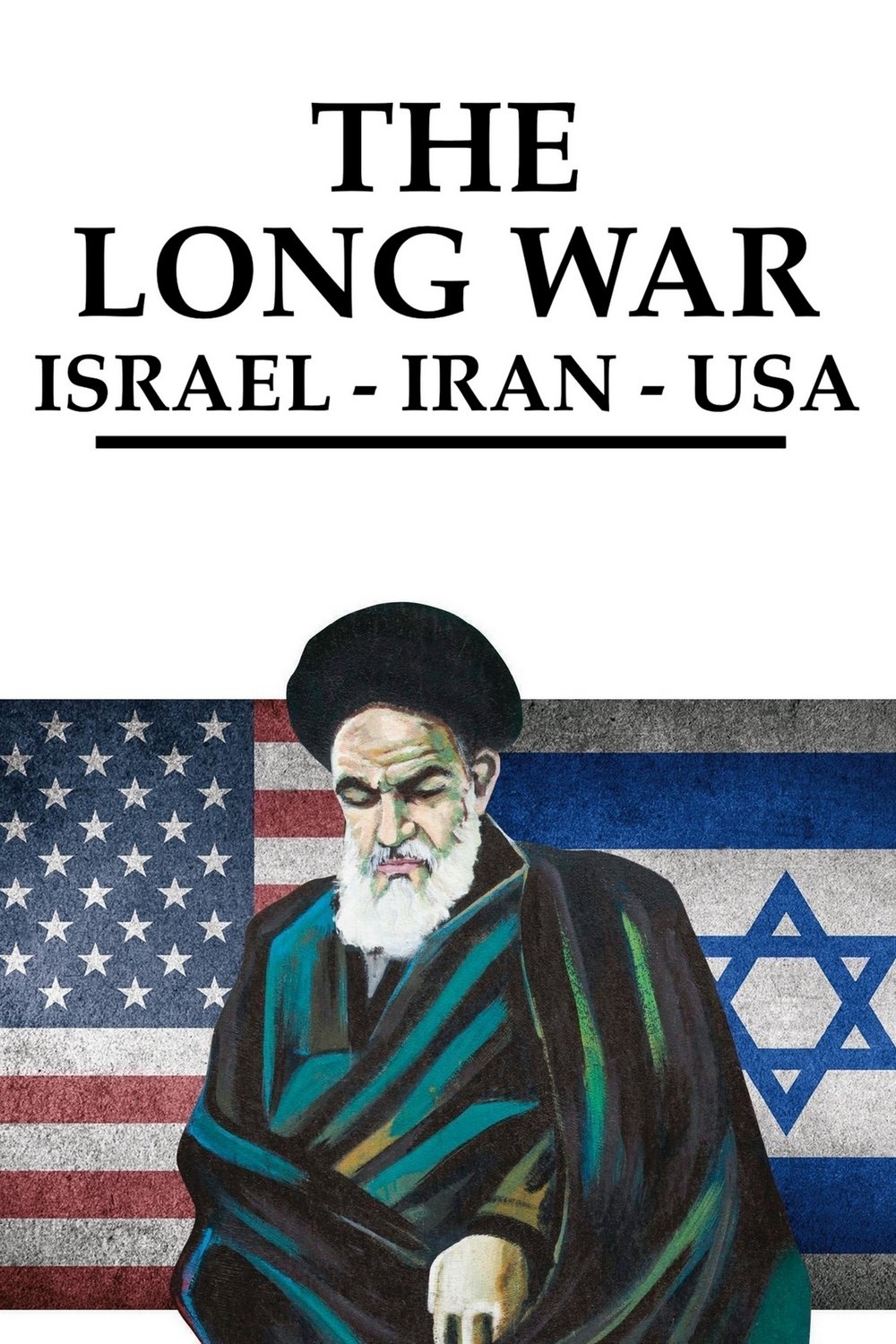
Today, Israel and the United States are Iran's enemies par excellence. Their reconciliation seems impossible. Is the history of these three countries the chronicle of a war foretold, delayed for decades but inevitable?
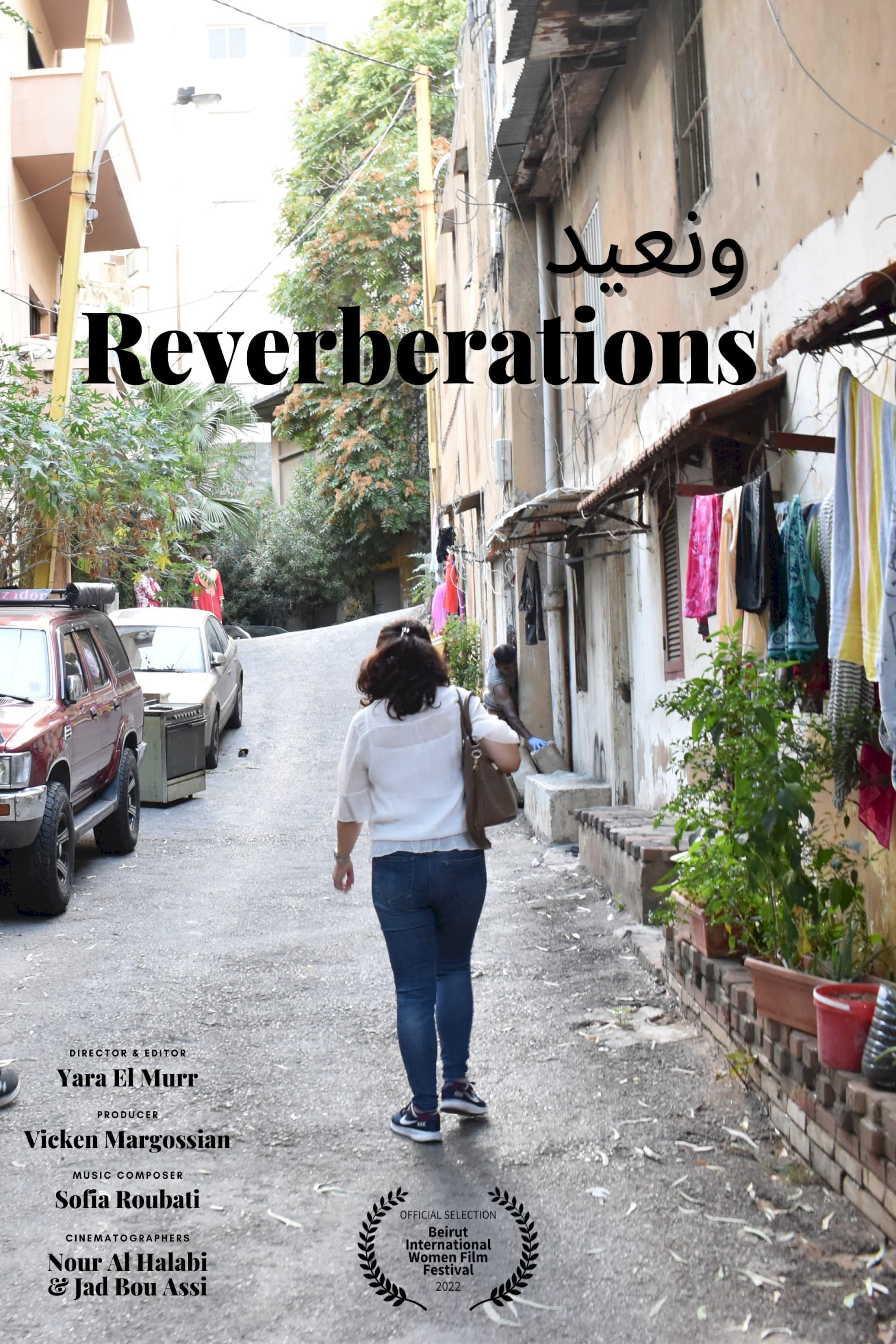
Thirty years after the end of the Lebanese Civil War (1975-1991), a filmmaker seeks to explore the trauma inflicted by the war on her family. Reverberations traces the history and politics of a nation in disarray in an intimate mother-daughter portrait that unravels the trauma that defined an era lost to history and a generation’s silence about its long-standing effects.
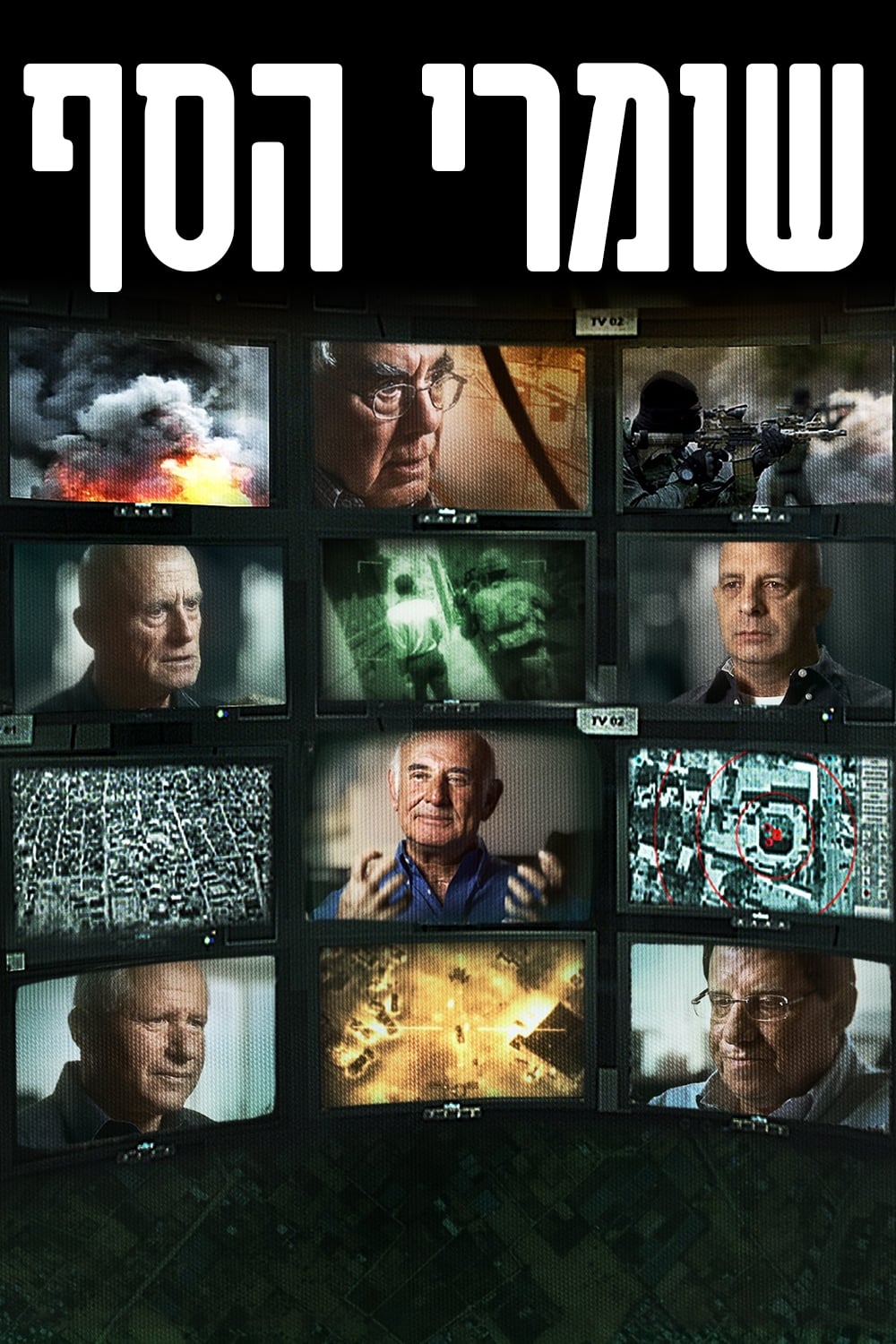
A five episode special edition of the documentary film by director Dror Moreh, featuring the story of the Israeli Palestinian conflict from the point of view of six former heads of the Shin Bet, Israel's secret service whose activities and membership are closely held state secrets.
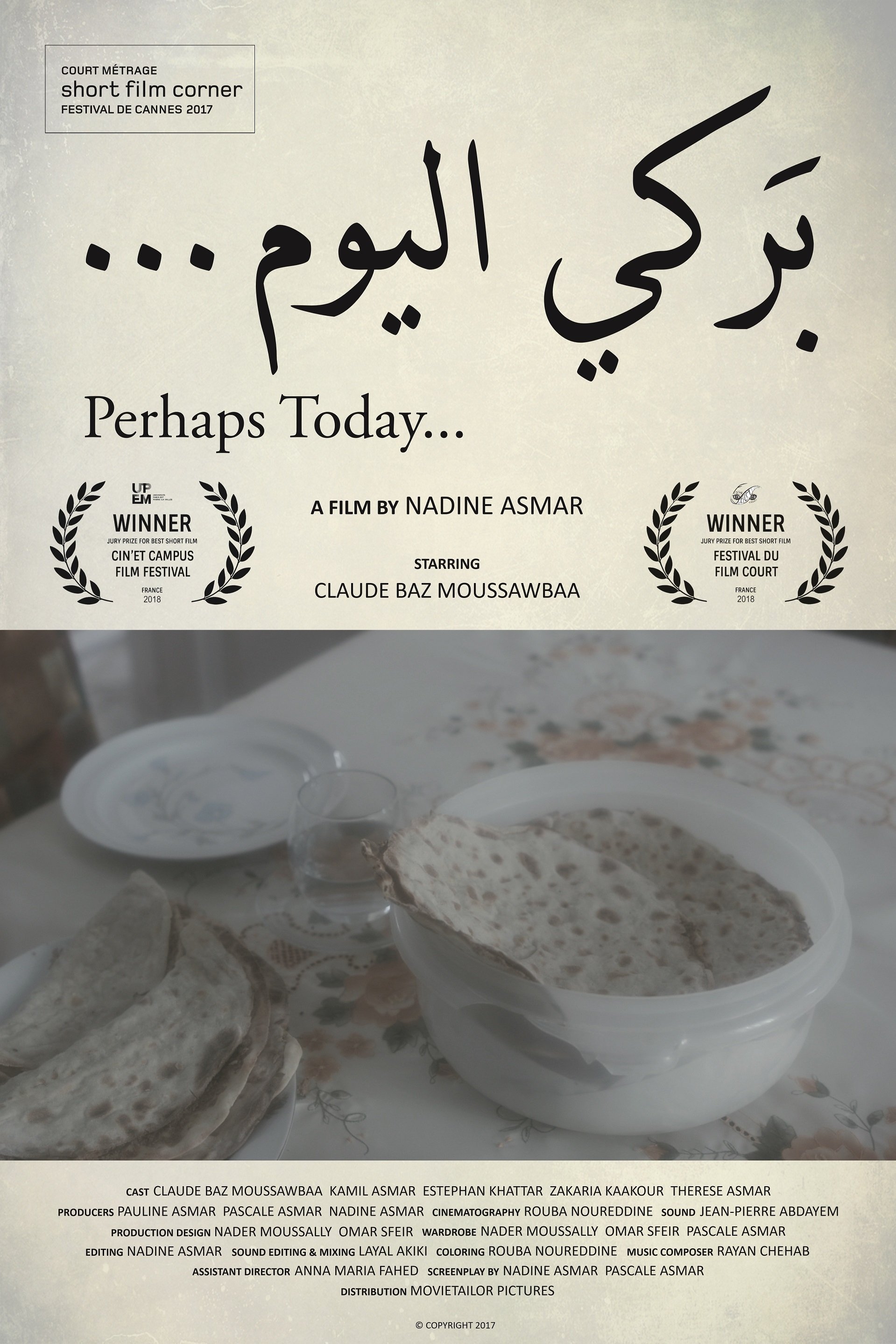
Oum Karim, a 60-year-old Beiruti lady, is used to preparing Lahm Bi Ajin (Lebanese ham pie) once per week.
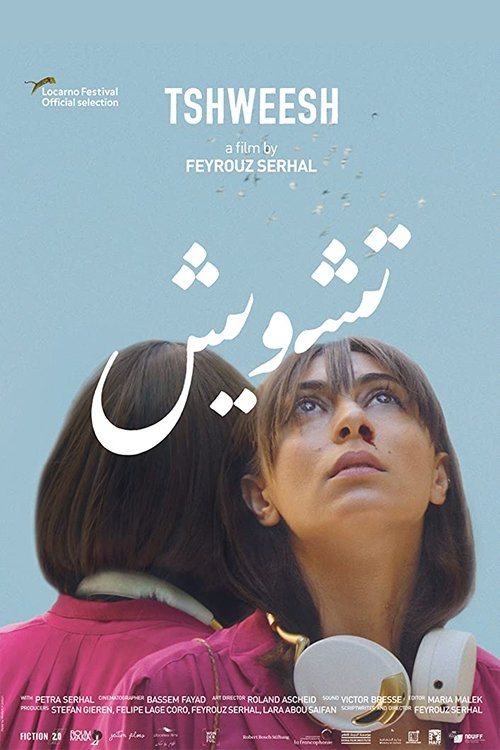
Day one of the FIFA World Cup. The residents of Beirut have eagerly anticipated the big event, but for some reason the telecast is interrupted by strange audio waves. Soon they realize that an Israeli attack is in progress, but instead of running away and hiding, they rush to their rooftops where they can witness a much bigger live event.
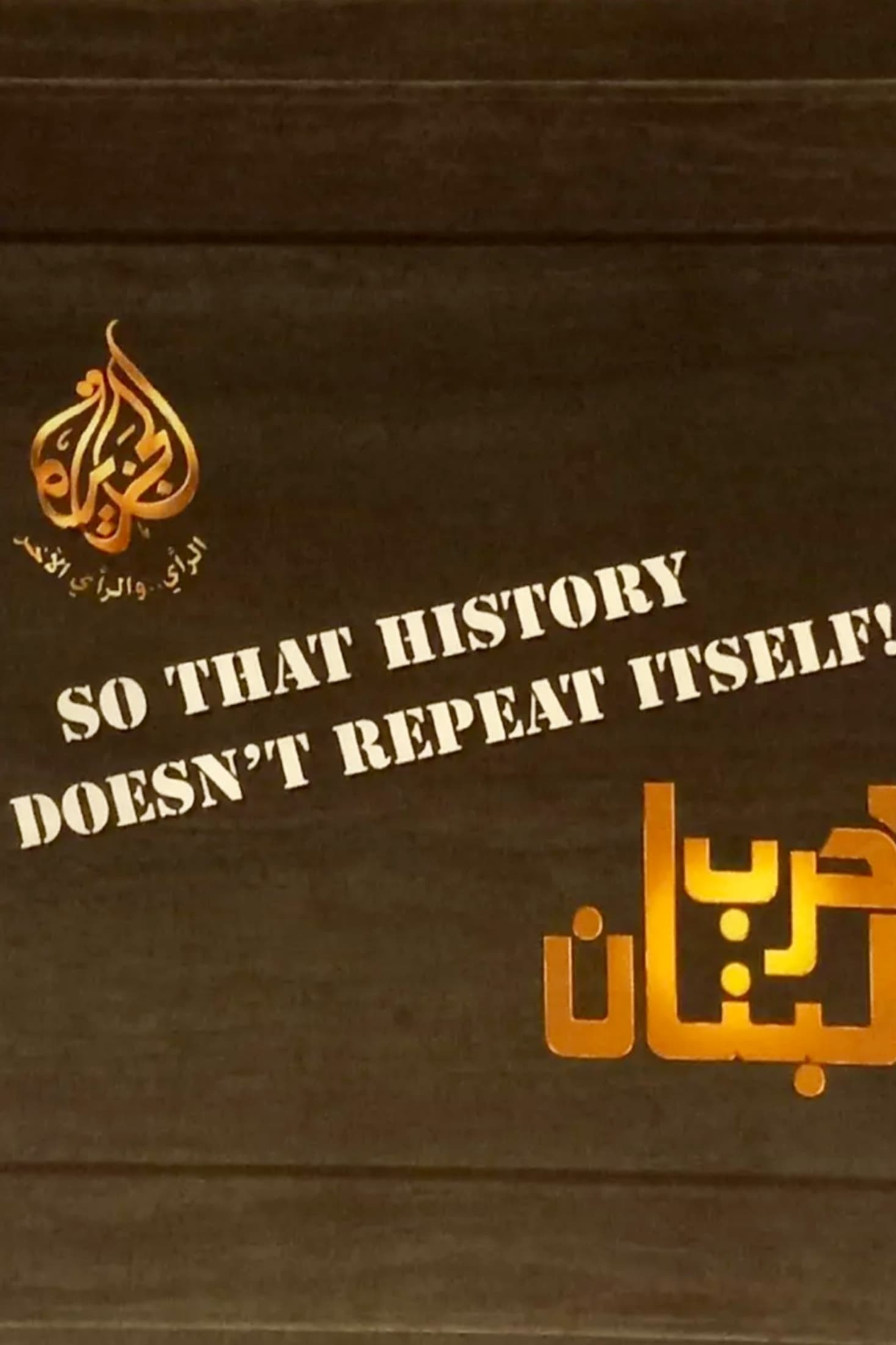
This documentary chronicles the Lebanese civil war (1975-1990) in fifteen episodes. It includes interviews with Lebanese, Arab, Israeli, American and European commentators and politicians, military personnel, militia leaders and civilian victims. The content is based on historical and archived material. This 2-year project cost several hundred thousand dollars and entailed filming over 150 hours of interviews with the major players in the events that took place in Lebanon between 1976 – 1990. Moreover, the program presents in the 1st two episodes the historical background of the major events that influenced the course of the 15-year war.
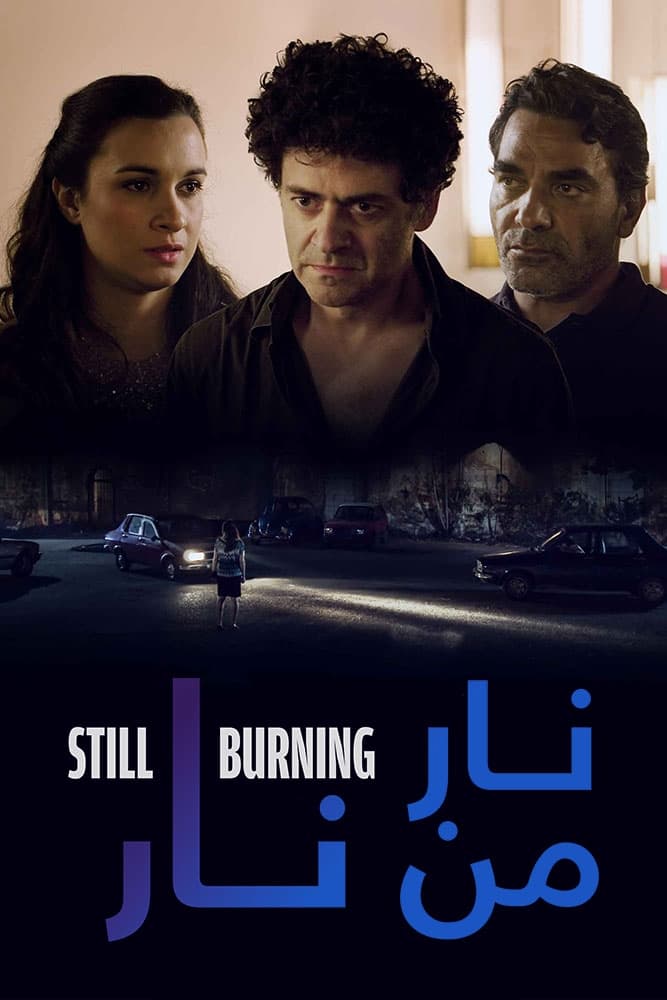
Still Burning tells the unexpected reunion in Paris in June 1998 of André, a Lebanese filmmaker living and working in France, and Walid, the very close friend he has not seen for years. In their youth, in Beirut, during the civil war, they were both possessed by the same artistic vocation: Cinema, but also by the same woman: Amira. Their reunion, all night long, will not fail to awaken their old repressed demons for better or for worse.
Samar, a child of the war, finds relief from the chaos around her through Egyptian movies she watches on television. Karim, an artist in retreat from life, remains in his apartment in war-torn West Beirut, confident that he is safe in his familiar neighborhood. An unlikely bond is formed between the two as they face the devastating civil war.
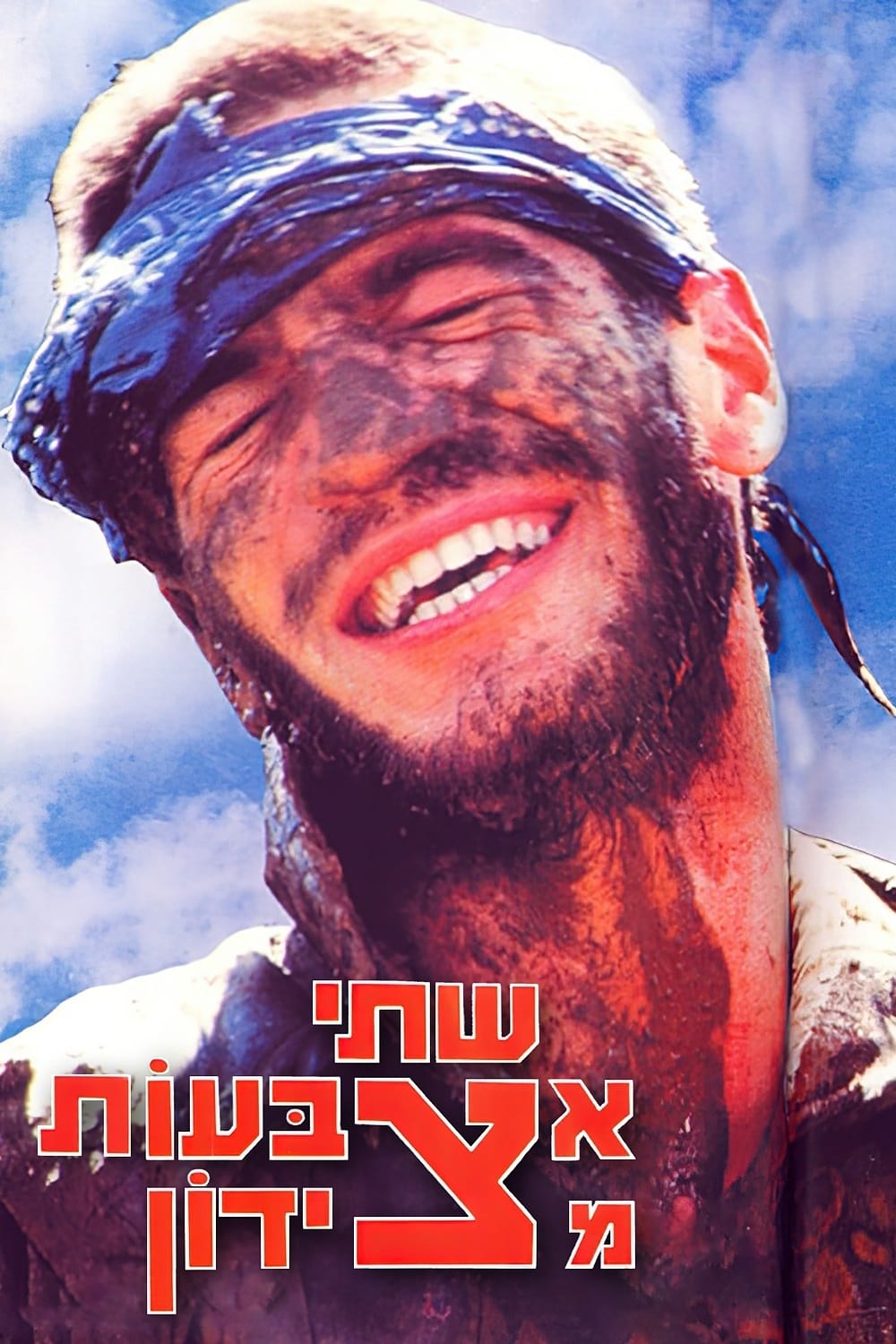
The story of a platoon of Israeli soldiers in Lebanon of 1986, shortly before Israeli withdrawal, and the dilemmas they face in having to fight against Lebanese guerilla in a hostile but civilian area.
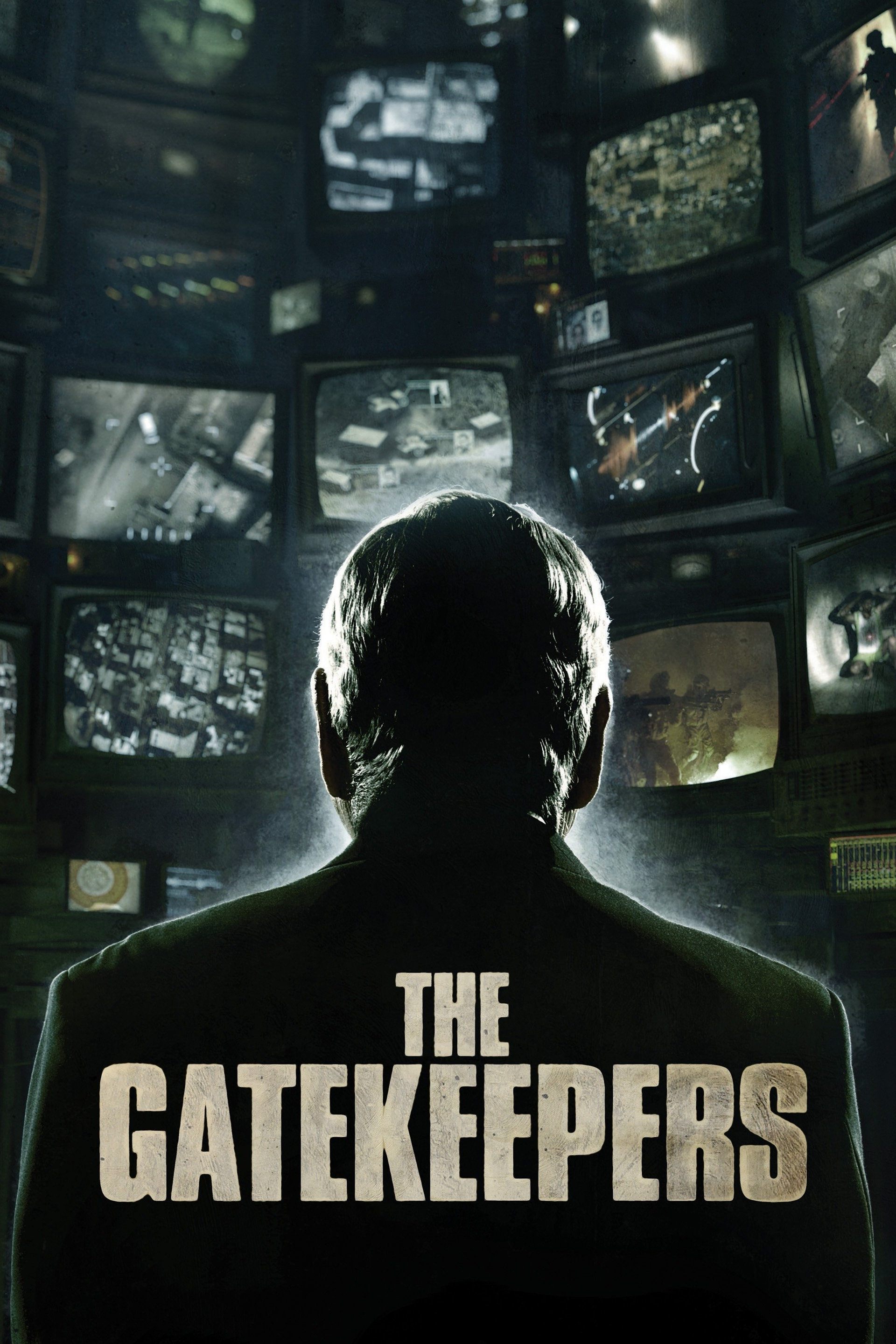
In an unprecedented and candid series of interviews, six former heads of the Shin Bet — Israel's intelligence and security agency — speak about their role in Israel's decades-long counterterrorism campaign, discussing their controversial methods and whether the ends ultimately justify the means.
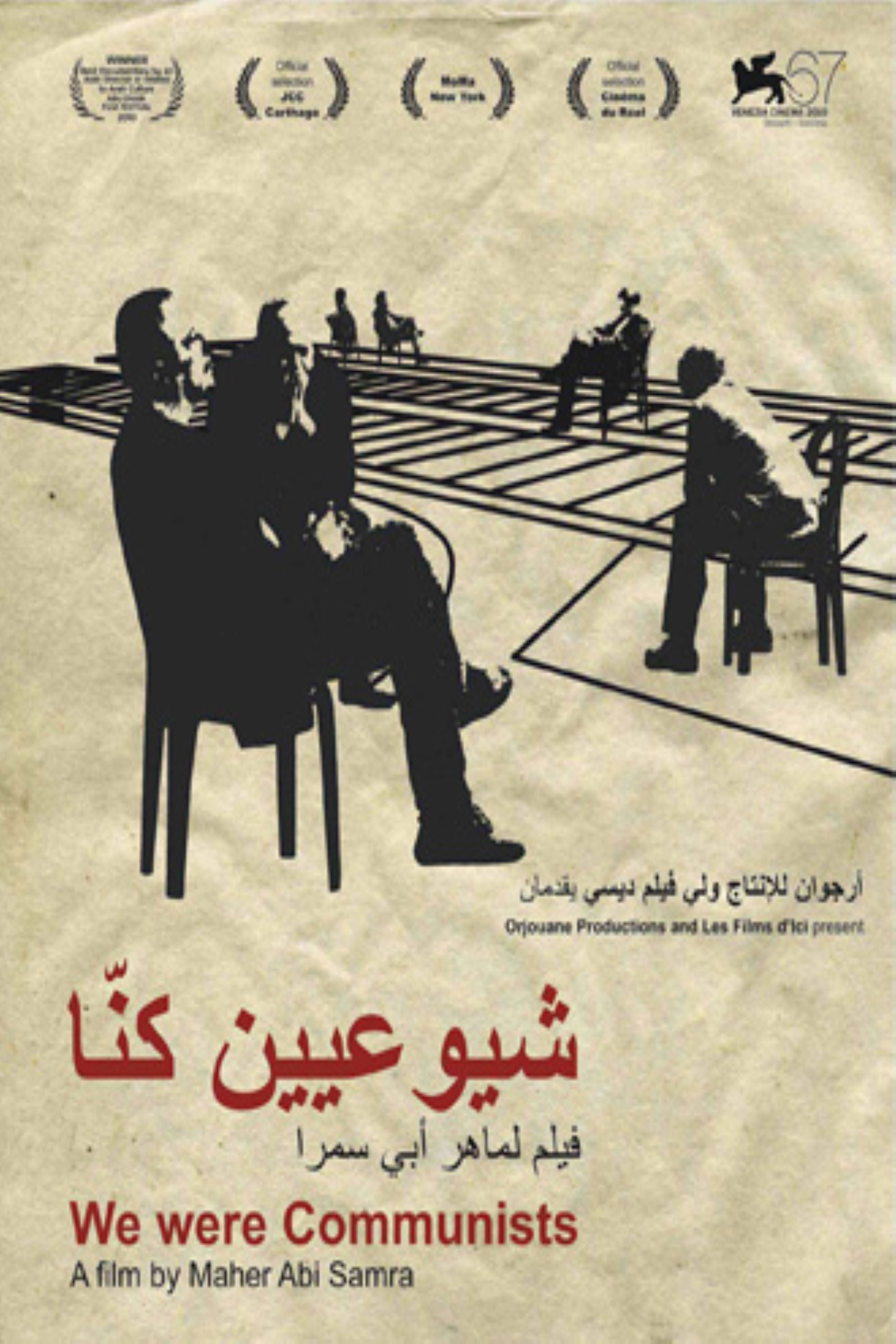
Uninhibited examination of the legacy of Lebanon’s civil war. A reflection on the destinies of comrades who were once bound by ideologies and remain tightly knit friends. The film travels the chimeric and daunting reality of Lebanon's fractured post-war landscape.
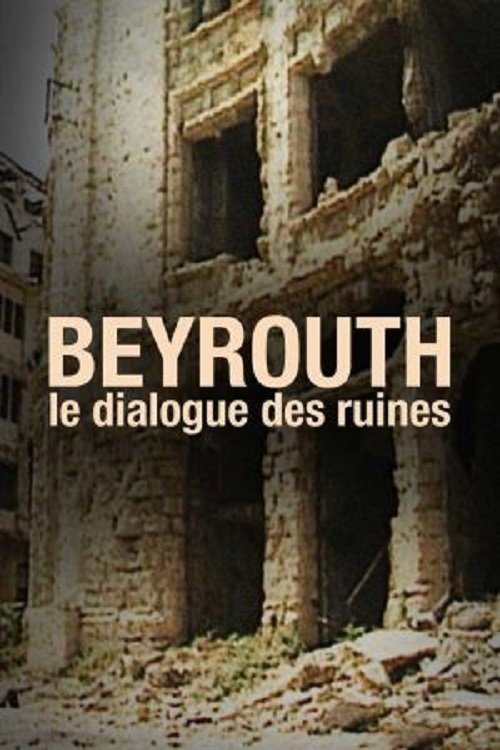
Architecture in Beirut was the second greatest victim of the civil war, with pages of ancient and modern history erased by the end of the conflict. This documentary interviews citizens calling for a reconstruction plan that would preserve Beirut’s spirit of culture and openness.
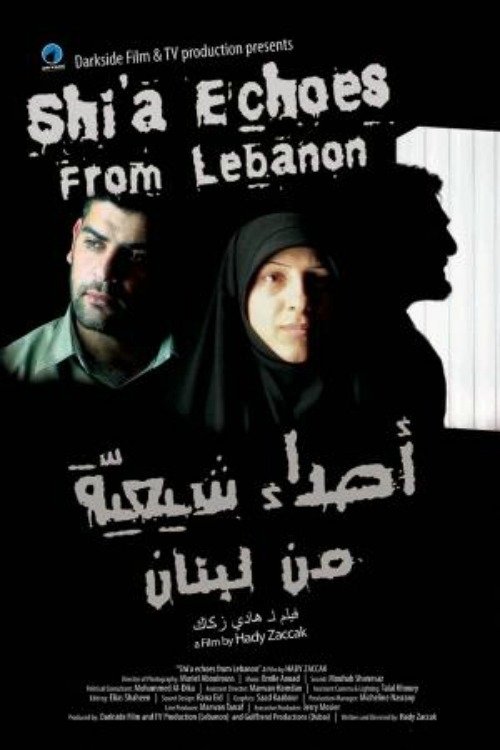
This political documentary by Hady Zaccak delves into the world of Lebanese Shiites through interviews with three Shiite youths, each with a different political and ideological affiliation, in addition to a very valuable interview with late Shiite cleric Sayyed Hani Fahs. The documentary explores the Shiites’ relation to Beirut’s Dahiyeh suburb, a Shiite stronghold, as well as the difference between the political and social perspectives of these youths.
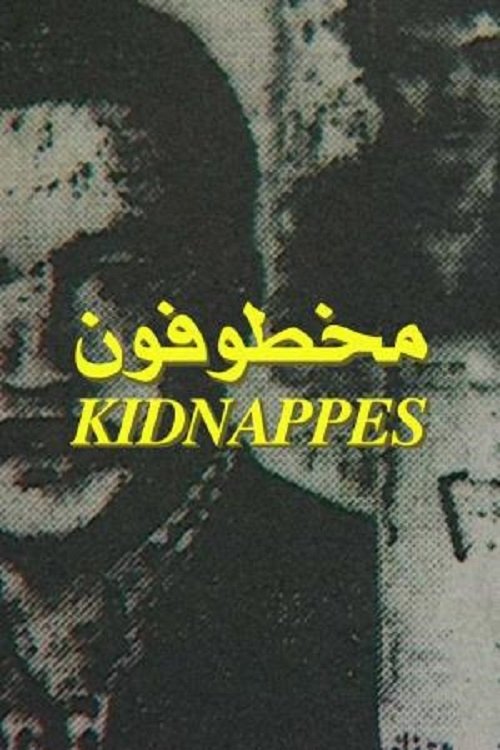
“Al Makhtufun” won the 1998 Best Short Documentary Film Award at the Mediterranean Film Festival for highlighting the issue of abducted Lebanese. The film raises two major issues: The abductee’s physical absence and his spiritual presence among his family members, and the parents silently wishing his return. The documentary looks at documents kept by Wadad, a mother who decides to step outside her comfort zone and share her papers and forms when other parents would not.
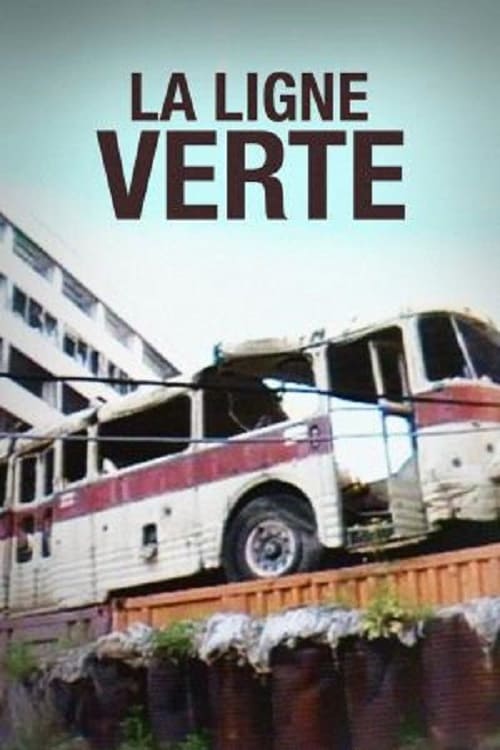
Bahij Hojeij’s documentary studies the infamous Green Line between east and west Beirut during the civil war.
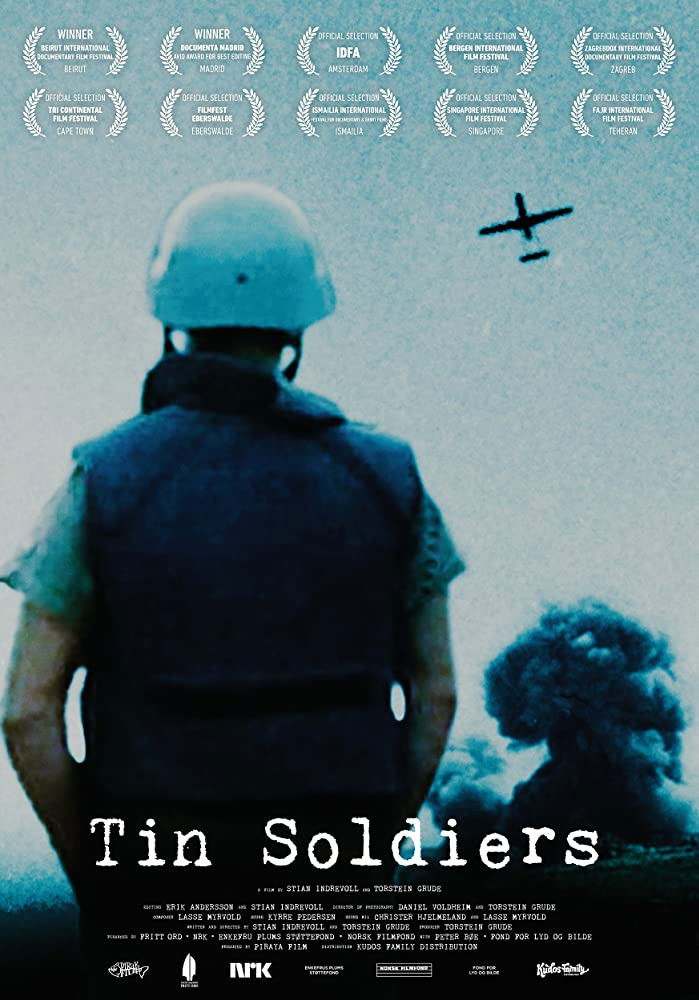
A group of young UN soldiers in Lebanon enters service with pro-Israeli views and a naive outlook on war. They go through a radical change of heart as they witness and film the Qana massacre. They secure video evidence indicating that Israel deliberately bombed a UN camp killing 106 refugees.
By browsing this website, you accept our cookies policy.